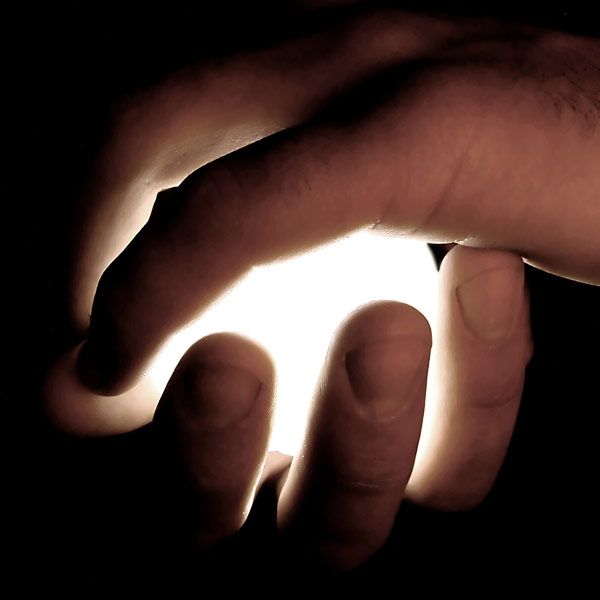
TUESDAY, Jan. 25 (HealthDay News) — Epilepsy was the likely cause of hallucinations experienced by 19th century Polish composer Frederic Chopin, according to a new study.
Researchers reached the conclusion that Chopin had temporal lobe epilepsy after analyzing the musician’s own descriptions of his hallucinations — including his description of a “cohort of phantoms” — as well as accounts of his life written by pupils and friends such as George Sand.
In one case, Chopin suddenly stopped a concert and left the stage after seeing creatures emerge from the piano.
Chopin’s well-documented bouts of melancholy have been attributed to bipolar disorder or clinical depression, but the many hallucinatory episodes tend to have been overlooked, said Dr. Manuel Vazquez Caruncho, of Xeral-Calde Hospital Complex in Lugo, Spain, and colleagues.
The study authors considered a number of possible causes of the hallucinations and eventually determined it was most likely temporal lobe epilepsy. The condition can produce complex visual hallucinations that are usually brief and fragmentary, just as described by Chopin.
There was limited understanding of epilepsy when Chopin was alive and the condition could easily have been overlooked by his doctors, the researchers noted.
Chopin was plagued by poor health throughout his life and died in 1849 at the age of 39 as a result of chronic lung disease, possibly cystic fibrosis.
The study is published in the Jan. 24 online edition of the journal Medical Humanities.
More information
The Epilepsy Foundation has more about temporal lobe epilepsy.

